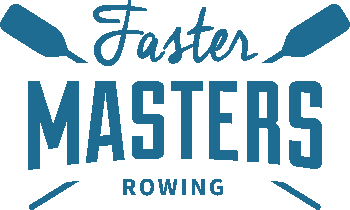To set clear objectives for your upcoming year you need to dedicate some time to look at your past season. For masters and club rowers, November and December are the transitional months from the conclusion of the summer and fall competitive seasons into the preparatory phase for the following year. Scholastic rowers will want to review last spring’s season but some can have the added advantage of having raced in the summer or autumn head races to give more perspective to the whole picture. To adequately analyze your performance characteristics you must look at your response to a variety of training factors to determine your level of success. An honest analysis of what you achieved and what your limitations were plus setting goals based on those observations provides a valuable tool for establishing new objectives for the upcoming season.
Physical results
You need to first look at how well you were prepared physically. Did you build adequate stroke power, aerobic endurance, and speed to perform at the level that you had intended to? Review your races to identify areas that you improved on and others that need further development. For example, you might note that your final sprints were more effective this season so your anaerobic speed was better but you still need to improve your endurance for the third 500-meter segment of the race because in every race you slowed considerably at that point. Review your logbook for consistency of training sessions and track your weekly training volume. Look at what type of workouts you thrived on and which ones you avoided. Ask yourself what type of workouts helped your fitness and racing capacity the most and what didn’t you do enough of?
Technical results
When reviewing your technical preparedness examine individual elements of the stroke- your catch, drive, release, recovery. Consider the quality of your bladework, oar handling, your ability to row at varied stroke rates, or hold form at under high stress. To what extent do you feel that your technical abilities affected your overall performances? Catching a boat-stopping crab with 100 meters to go in a semi-final, knocking you out of the final, because you were over-gripping and your forearms locked up, is one of those situations when better skill would have advanced you to the next race because fitness may not have been the limiting factor. If you made technical changes in your training were they positive or negative? Prioritize the technical elements that you feel will improve your standard of rowing or sculling.
Racing results
Evaluate how you were able to handle the problems and challenges of actual racing. This includes steering, race plan execution, racing strategy, and your psychological preparation for competition. These represent tactical areas that you can improve. If you were racing your single and you rowed out of your lane in every race, causing you to go many extra meters, you need to put time into correcting your steering so you are not rowing farther than everyone else in the race and disrupting your speed by having to correct your course multiple times. For the races that you would rate as peak performances, where you were in a state of flow and everything came together, write a one-page description of how the race felt and what were the positive factors that you think contributed to such a great race. How were each of these factors reflected in your best races of the year?
Goals for next year
Once you have listed your strengths and weaknesses, you need to set new goals to work towards. Your goals can be stated in simple language and be based on your past performances, rate of improvement, competition dates, and priority of training factors such as physical, technical, tactical, or psychological elements. Coaches will want to determine goals for their teams, as well as, helping athletes set individual goals.
Set both subjective and objective goals.
Subjective goals are more open by nature such as: becoming more aware of lateral pressure into the pins throughout the entire stroke, developing a better sense of swing at higher stroke rates, improving the ability to keep the shoulders relaxed in the second half of the race, or gaining more confidence for the start of a sprint race.
Objective goals are measurable such as: place in the finals at US Masters Nationals, qualify for an automatic entry for next year’s Head of the Charles, improve anaerobic threshold demonstrated by improving 6k erg score from 1:45/500m to 1:43/400m in three months, or train 5 days per week for 90% of the weeks from December to April.
Write your goals down in your logbook stating three main subjective goals and three main objective goals for the upcoming season. Always begin your goal with a verb. Then spend time to draw up a plan. You need to make a road map of how you will get from where you are today to where you want to be next season. Setting short-term weekly or monthly goals will help break your goals into achievable steps. Review each goal and determine what you need to accomplish it. Set yourself up for success at each stage in order to build confidence to reach your long-term goal. You cannot row a 2k erg score in 1:59/500m unless you have accomplished 2:00/500m. Take small steps.
Make sure that you collaborate with a coach
A good coach can give you valuable advice along with informed perspective. Helping you to determine realistic goals and outlining a plan together are benefits of good coaching. Be flexible throughout the year. After you outline a plan, keep in mind that it is just an outline. There will be times when outside stresses interfere with your plans or your response to training may indicate that you need to adjust your plan. You will have to incorporate more rest or more work depending on whether or not you are adapting positively to your training.
It is important to make wise daily decisions that are based on your goals. You must prioritize training elements especially when juggling the demands of school, work, family, and friends. Spend time on those elements that improve your rowing the most and keep you motivated to do better.


